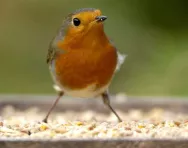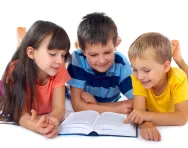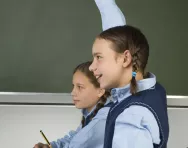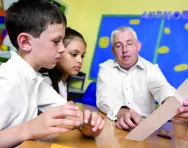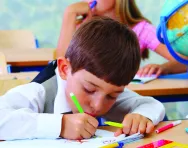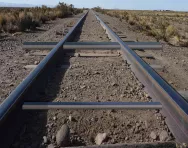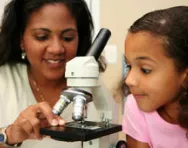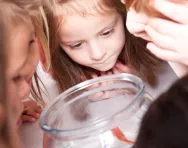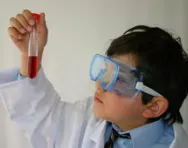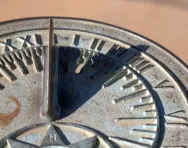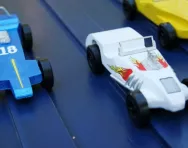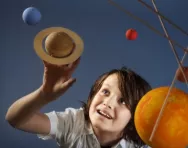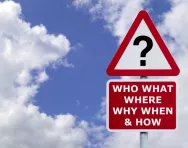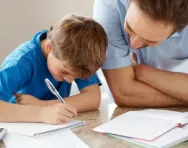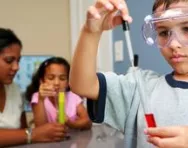How to make your garden bird-friendly
Birdwatching is a brilliant learning activity to do at home that can also encourage your child to take an interest in the outdoors. We speak to the RSPB about how you can make your garden or balcony more appealing for birds, leading to better birdwatching!
11 things parents need to know about the National Curriculum
It’s the basis for what your child learns every day, but what exactly is the National Curriculum and what does it teach? Education writer and primary teacher Phoebe Doyle offers some clarity.
What your child learns in Year 6 maths, English and science
Year 6 means the next round of SATs assessments! Start revising by knowing what the learning targets are for the new year, reviewing what was taught in Years 3, 4 and 5, and giving your child SATs practice papers and past assessments.
What your child learns in Year 5 maths, English and science
Understanding the new things your child will be learning in Year 5 can prepare both of you for the months ahead, and make homework sessions much easier. Read our quick guide to Year 5 maths, English and science to be ready for the new challenges.
What your child learns in Year 4 maths, English and science
Help your child prepare for the concepts and topics covered in Year 4 by knowing ahead of time what they’ll be learning in class.
What your child learns in Year 3 maths, English and science
Starting Year 3 also means entering a new Key Stage. Read on to find out what your child’s maths, English and science lessons will be like, and how they can keep up their studies outside of school with free Year 3 worksheets.
Illusions and mind tricks: are your eyes fooling you?
Are you seeing what's really there, or is your mind tricking you? Professor Bruce Hood has three amazing illusions experiments to try, and explains more about how the brain works in his Royal Institution Christmas lecture.
Simple science activities to try today
Science doesn't have to mean complicated experiments with chemicals and Bunsen burners. Children in the Early Years Foundation Stage can get involved in science with these fun, fast-results experiments. Sarah Cruickshank reports.
Primary science: what you need to know
Not sure what your child is learning in science? Swot up with our two-minute parents' guide to primary-school science.
Simple experiments for KS2 scientists
Have you got a budding Galileo or Newton in the family? Help your child's developing scientific enquiries by finding out what they will be learning in science lessons and how to support their practice at home.
What your child learns in Key Stage 2 science
Want to know more about what your child gets up to in science class at school? Here’s your guide to the topics they’ll cover.
Year 3 science: what your child learns
Got a mini Einstein in the family? Here’s what they will be learning in Year 3 to help develop their scientific knowledge.
Year 4 science: what your child learns
Find out what is taught in Year 4 science and how you can build on your child’s learning at home.
Year 5 science: what your child learns
Your guide to what’s covered in the year 5 science curriculum.
Year 6 science: what your child learns
Your guide to what your child’s Year 6 teacher will cover in science lessons.
How to use a SATs past paper: KS2 science
Although your child will no longer sit the KS2 SATs science test, you can still help them develop their skills by practising on a past paper together. Our teacher-tips guide explains how to administer the test at home.
Creating a child-friendly garden
Whether you have an acre of land or a window box, it is possible to create a garden that will encourage your child to learn a whole host of different skills. We take a look at all that gardens have to offer, and give some great advice on how you can turn your child's fingers green.
Fun science activities to try at home
Want to inspire your child to enjoy science? Try these easy, engaging activities together at home.
